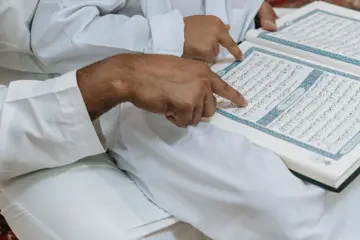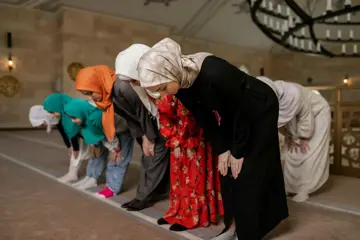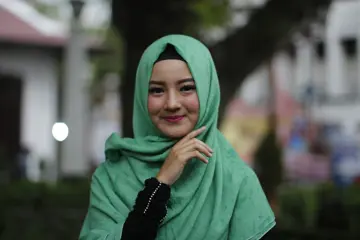Ramadan is a holy month in the Islamic calendar, and begins based on moon sightings, varying between different mosques. It involves prayer, fasting, charity, and self-accountability. For Muslims, fasting from dawn to sunset is a key practice, symbolizing the cleansing of body, heart, and soul, and reminding them of the poor's struggles.
Ramadan commemorates when Allah revealed the Qur'an's first verses to Muhammad (pbuh) via the angel Gabriel on Laylat Al-Qadr, one of the last ten nights of Ramadan.
The month concludes with Eid-al-Fitr, marked by celebrations, new clothes, gift exchanges, and charitable donations (Zakah).





